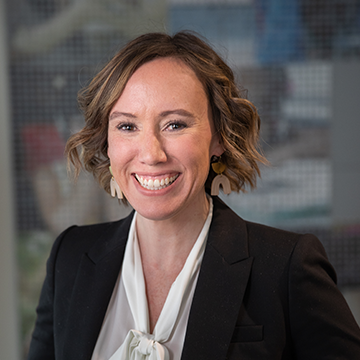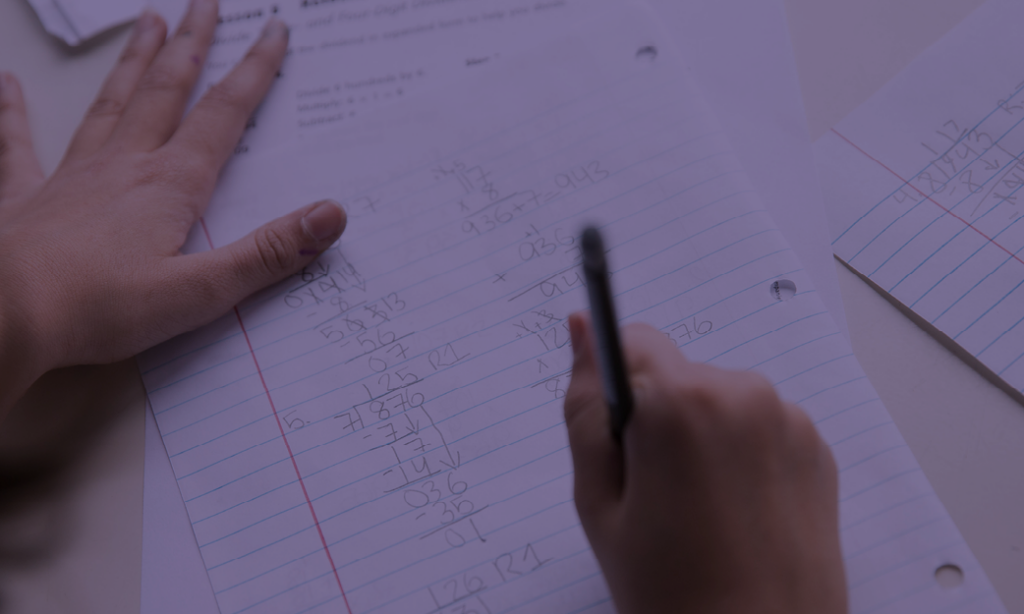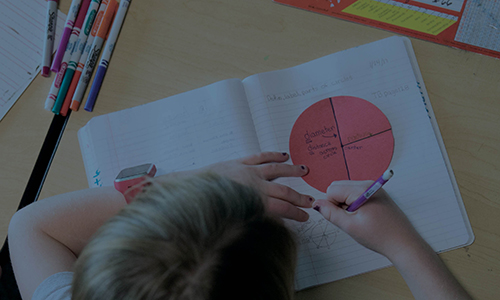Karyn Lewis, PhD
Vice President of Research and Policy Partnerships

Karyn Lewis leads a team dedicated to generating actionable, policy-relevant research that directly addresses critical challenges in K–12 education. Her team’s work is strategically focused on bridging the gap between rigorous research and practical educational improvements, ensuring that insights translate into meaningful strategies for educators, policymakers, and school leaders.
Prior to joining NWEA, Dr. Lewis was a senior researcher at Education Northwest/REL Northwest, where she led a diverse portfolio of applied research, technical assistance, and evaluation projects. She is a former data fellow with the Strategic Data Project at the Harvard Center for Education Policy Research. She completed a National Science Foundation–funded postdoctoral fellowship at the University of Colorado Boulder and earned her PhD from the University of Oregon in social psychology.
Publications by Karyn Lewis


Learning during COVID-19: Initial findings on students’ reading and math achievement and growth
How have COVID-19 school closures impacted student academic growth and achievement? New research using fall 2020 MAP Growth assessment data for 4.4 million students provides new insights, key findings, and actionable recommendations.
By: Megan Kuhfeld, Beth Tarasawa, Angela Johnson, Erik Ruzek, Karyn Lewis
Topics: Equity, COVID-19 & schools, Measurement & scaling


Comparability analysis of remote and in-person MAP Growth testing in fall 2020
How have COVID-19 school closures impacted student academic growth and achievement? New research using fall 2020 MAP Growth assessment data for 4.4 million students provides new insights, key findings, and actionable recommendations.
By: Megan Kuhfeld, Karyn Lewis, Patrick Meyer, Beth Tarasawa
Topics: COVID-19 & schools, Measurement & scaling, School & test engagement


Understanding the initial educational impacts of COVID-19 on communities of color
This report examines the academic impact of the COVID-19 pandemic on Black, Indigenous, and people of color (BIPOC) students, with the goal of documenting achievement trends to provide leaders and policymakers with evidence to guide action to address educational inequities for BIPOC students.
By: Megan Kuhfeld, Erik Ruzek, Karyn Lewis, James Soland, Angela Johnson, Beth Tarasawa, Lindsay Dworkin
Topics: Equity, COVID-19 & schools


To what extent has the COVID-19 pandemic affected student achievement and growth in reading and math, and which students have been most affected? Using data from 6 million students in grades 3-8 who took MAP Growth assessments in reading and math, this brief examines how gains across the pandemic (fall 2019 to fall 2021) and student achievement in fall 2021 compare to pre-pandemic trends. This research provides insight to leaders working to support recovery.
By: Karyn Lewis, Megan Kuhfeld
Topics: COVID-19 & schools, Equity, Growth modeling


The purpose of this technical appendix is to share more detailed results and to describe more fully the sample and methods used in the research included in the brief, Learning during COVID-19: An update on student achievement and growth at the start of the 2021-22 school year. We investigated two research questions:
- How does student achievement in fall 2021 compare to pre-pandemic levels (namely fall 2019)?
- How did academic gains between fall 2019 and fall 2021 compare to normative growth expectations?
By: Megan Kuhfeld, Karyn Lewis
Topics: COVID-19 & schools, Equity, Growth modeling


The COVID-19 school year: Learning and recovery across 2020-2021
This study uses test scores from 4.9 million U.S. students in Grades 3 through 8 to examine the academic disruptions of the COVID-19 pandemic by modeling student achievement trends prior to and during the pandemic, with particular focus on growth in 2020-2021.
By: Megan Kuhfeld, James Soland, Karyn Lewis, Erik Ruzek, Angela Johnson
Topics: Equity, COVID-19 & schools


Test score patterns across three COVID-19-impacted school years
This study uses test scores from 5.4 million U.S. students in Grades 3–8 to track changes in math and reading achievement across the first 2 years of the COVID-19 pandemic.
By: Megan Kuhfeld, James Soland, Karyn Lewis
Topics: Equity, COVID-19 & schools


